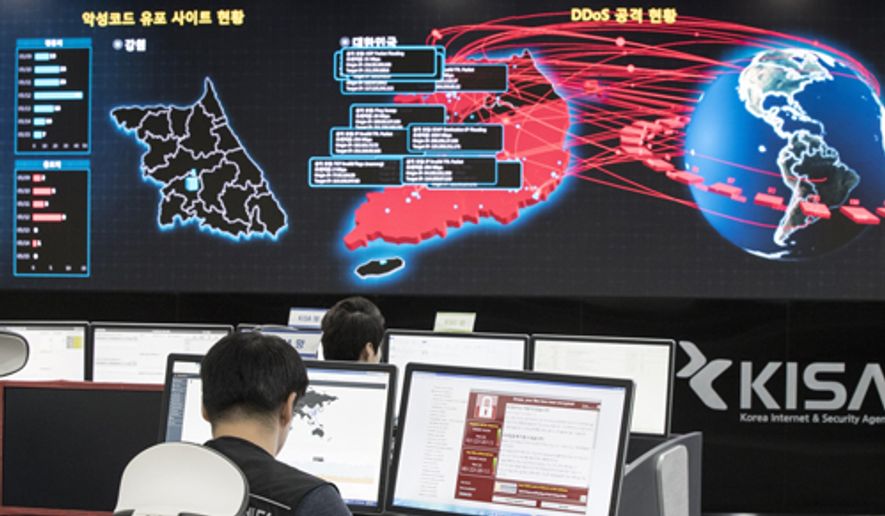Ransomware viruses like the types that recently impacted public services in Atlanta and Baltimore accounted for nearly 40 percent of malicious software-related security breaches last year, including the vast majority of malware incidents within the health care sector, according to Verizon’s annual Data Breach Investigations Report (DBIR) released Tuesday.
Verizon’s analysis of over 53,000 security incidents and 2,216 security breaches found that 39 percent of malware-related cases involved ransomware, a type of malware that encrypts the contents of vulnerable computer system and holds that data hostage until the perpetrator receives a payment, the report said.
Virtually unheard of hardly a few years earlier, ransomware has quickly become the most common malware variety analyzed by Verizon’s researchers, surging from fourth to first place between 2016 and 2017 in terms of its prevalence, according to the company’s eleventh annual data breach report.
“While we are certainly more aware of it, there are still a lot of people who are falling for it,” Dave Hylender, Verizon’s senior risk analyst and a co-author of the report, told CNET.
The health care industry has been hit especially hard with ransomware, which accounted for 85 percent of malware infections suffered within the sector last year, according to Verizon’s report.
“Due to Department of Health and Human Services regulations, ransomware outbreaks are treated as breaches (rather than data at risk) for reporting purposes,” the report said. “Consequently, it is difficult to know if Healthcare is more susceptible to ransomware than are organizations in other industries, or if the high percentages of it being recorded are simply a product of more stringent reporting requirements. Regardless of the reason, the wise security practitioner will take immediate steps to combat this ubiquitous attack type.”
Ransomware infections can be avoided by applying security patches to vulnerable systems and avoiding malicious or otherwise suspicious links and attachments. Despite providing critical services, however, health care entities have repeatedly been hacked with ransomware as a result of exercise poor security hygiene in the form of utilizing outdated computer software, evidenced most notably by the WannaCry attack that crippled computers in over 150 countries last year by exploiting a bug that affected older versions Microsoft’s Windows operating systems.
More recently, Atlanta shut down city computer systems for roughly a week last month after detecting ransomware, and Baltimore subsequently acknowledged a ransomware infection that briefly disrupted the city’s emergency dispatch system.
• Andrew Blake can be reached at ablake@washingtontimes.com.




Please read our comment policy before commenting.